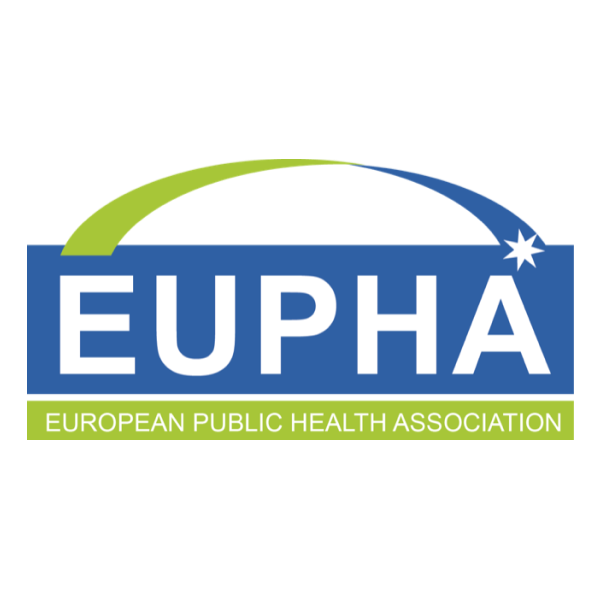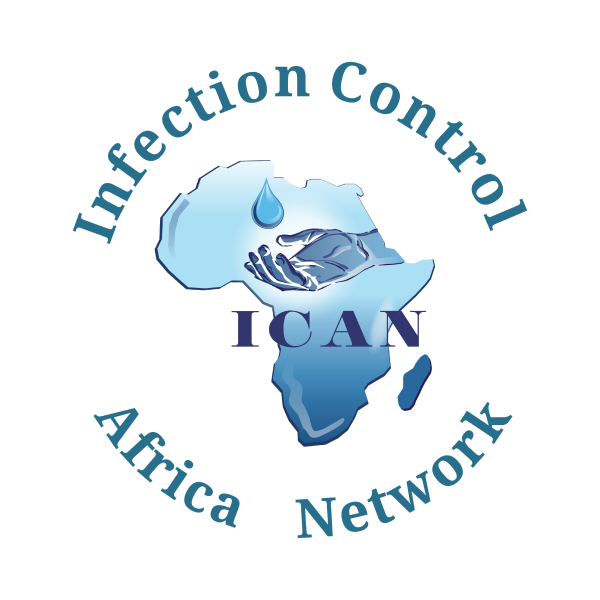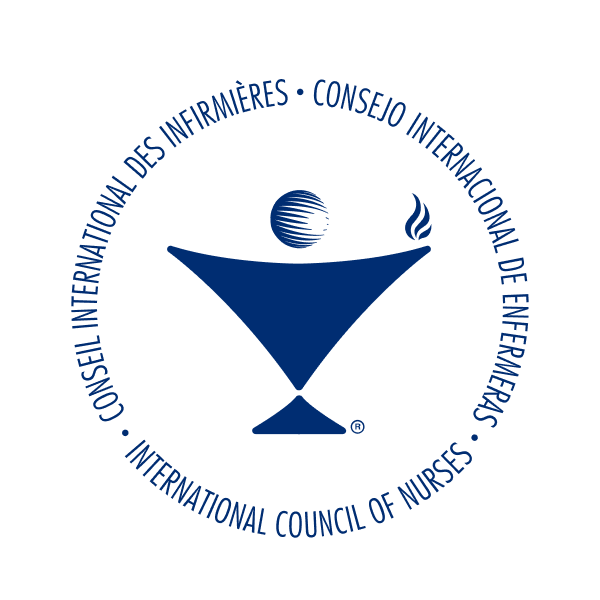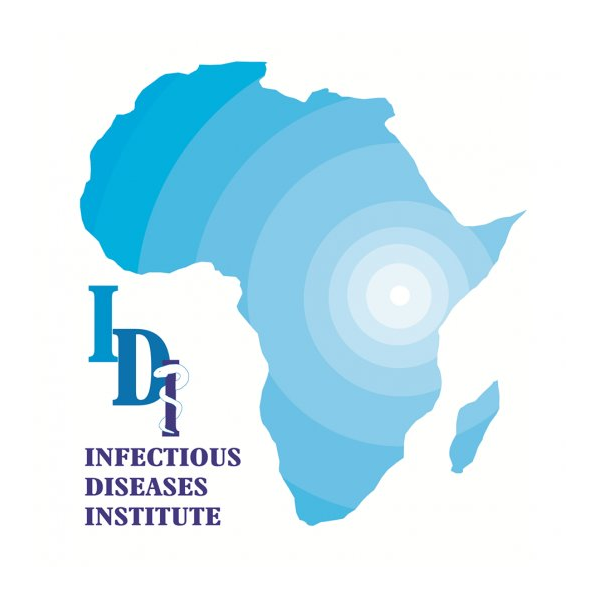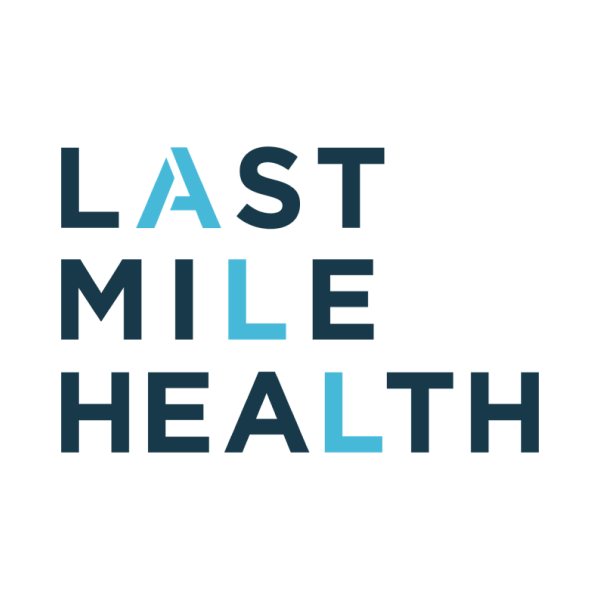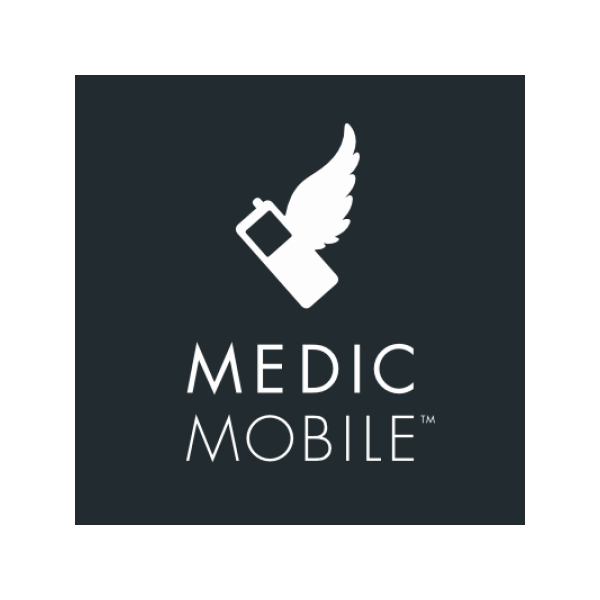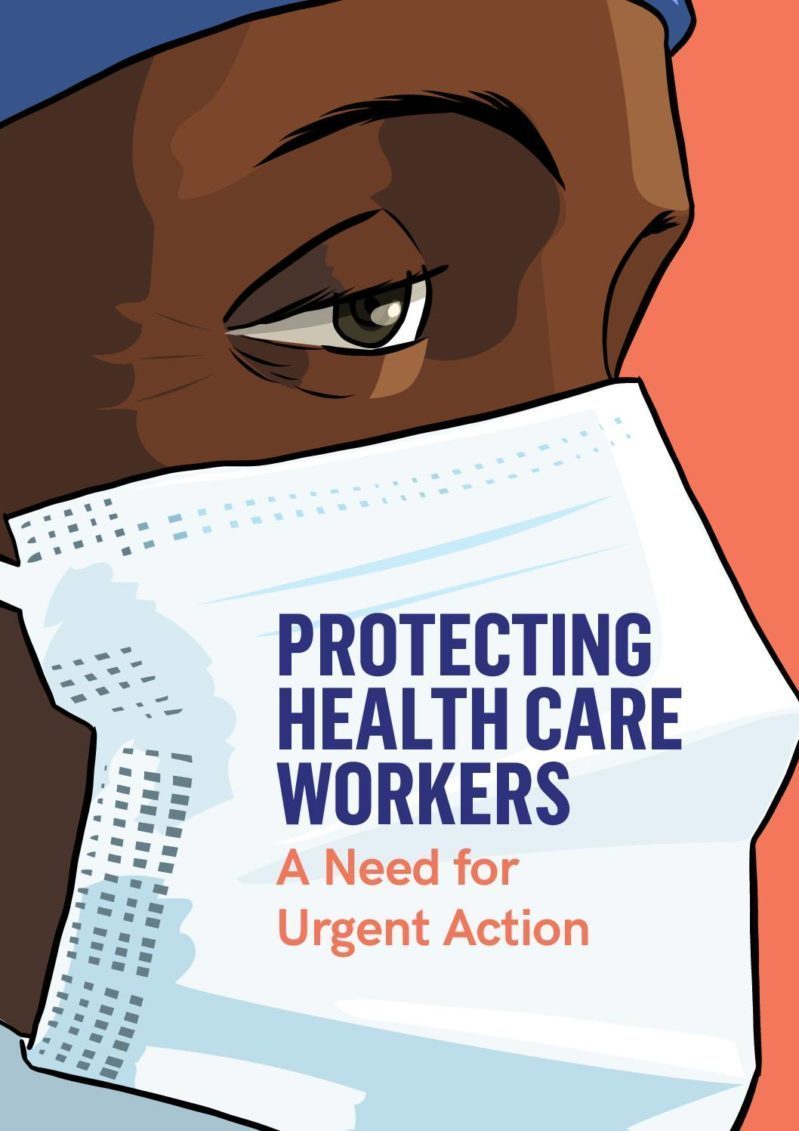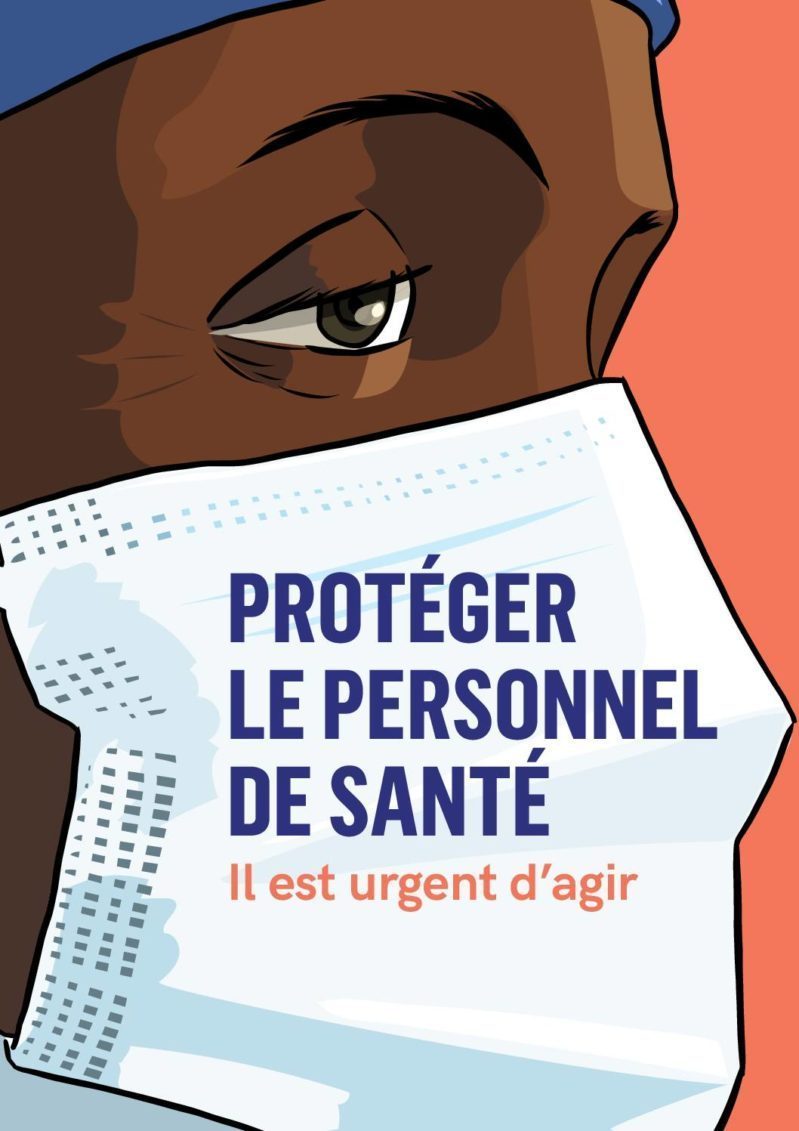Download the report
Executive summary
Even as the world lionizes health care workers as heroes, we fail to keep them safe.

The COVID-19 pandemic has made this contradiction more apparent than ever. As the virus swept the globe in early 2020, public displays of support for overburdened health care workers (HCWs) were common. From Spain to Singapore, residents cheered and banged pots nightly to show appreciation. In the United States, signs at medical facilities blared: “Heroes Work Here.” And yet, the lack of protections for HCWs—and their consequences—were clear: hundreds of thousands of HCW infections, reports of HCWs wearing trash bags in the absence of proper personal protective equipment, and an uptick in mental health issues and suicides as HCWs shouldered the strain of ill-prepared public health systems. Amnesty International found that as of September 2020, at least 7,000 HCWs had died fighting COVID-19. In some places, HCWs have even faced attacks in direct response to public health measures put in place to control COVID-19.
Sadly, these phenomena are not new or unique to the COVID-19 pandemic. Time and again, outbreaks have taken an unacceptable toll on the health and well-being of HCWs. More broadly, HCW infections critically threaten the control of outbreaks by sidelining necessary staff; making HCWs (and by proxy, hospitals and other health care facilities) vectors for spreading disease; depleting the health care workforce, and impeding the regular provision of routine care. In Sierra Leone following the 2014–2016 Ebola outbreak, the loss of HCWs translated to a 23% reduction in health services overall.
In a world that is already facing a dramatic shortage of HCWs—the World Health Organization (WHO) estimates an additional 18 million HCWs will be needed in the next decade — failing to protect them weakens health care systems, and moves us away from the goal of universal health care and the broader vision outlined in the United Nations’ sustainable development goal 3: to ensure healthy lives and promote well-being for all at
all ages.
We know what must be done
The world’s lack of preparedness for outbreaks of all sizes and refusal to adequately protect HCWs is a failure not only of governments, but also of international institutions and donors. We must move from placing individuals at undue risk to accepting collective responsibility and accountability for the well-being of our HCWs. An extensive review of the severe acute respiratory syndrome (SARS) outbreak published by the U.S. Institute of Medicine begins by quoting Goethe:
Knowing is not enough; we must apply. Willing is not enough; we must do.
We must all heed these words and take concrete action to protect HCWs who risk their own lives to care for us all.
Recommendations
Full implementation of IPC and WASH standards
Investing in training, tools and resources for a safer health care workforce
Using and improving tools to monitor implementation and enact further improvements
Improving data collection and accountability
Increasing donor support for and focus on HCW protections
Webinar
Watch the recording of the Protecting Health Care Workers webinar. Includes speakers from the Ethiopia Federal Ministry of Health, International Council of Nurses, Resolve to Save Lives, Nigeria Health Watch, and Mathare North Health Center in Kenya
Partners


